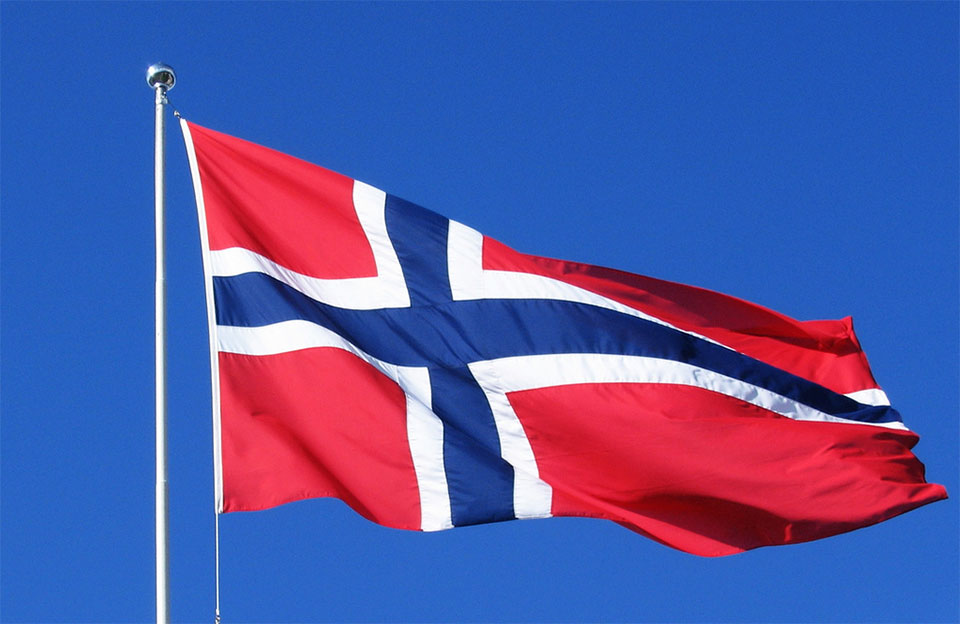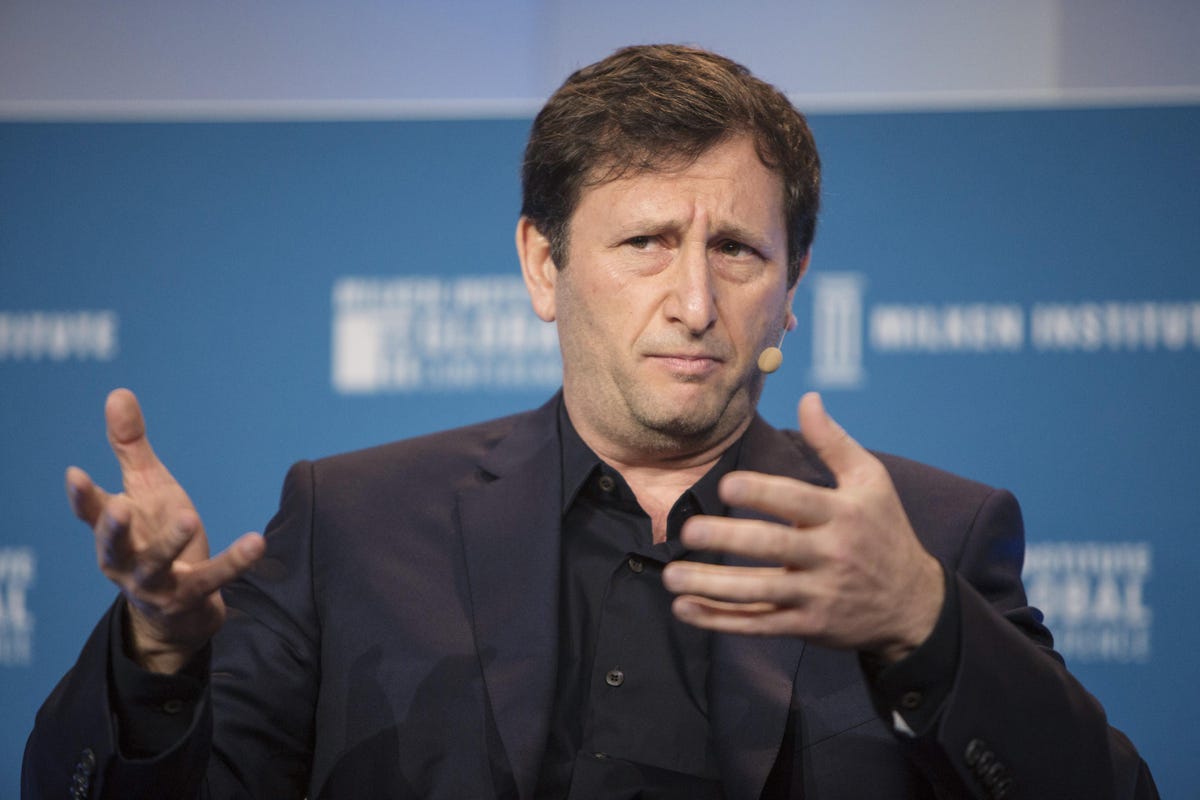Norway’s Central Bank Set to Decide on CBDC Implementation Next Year
25.10.2024 13:30 1 min. read Alexander Zdravkov
Next year, Norges Bank, Norway's central bank, will decide on the potential establishment of its own central bank digital currency (CBDC).
Deputy Governor Pal Longva stated that the bank is working on finalizing a recommendation but is not rushing the process. While other European nations like Switzerland advance their digital currency projects, Norway is adopting a cautious approach, carefully evaluating the complexities involved.
Norges Bank is considering two CBDC models: a retail version for consumer transactions and a wholesale version for interbank transactions, with a current focus on the latter due to its perceived ease of implementation.
Research suggests that a wholesale CBDC is more likely to be introduced within six years compared to a retail counterpart.
Norway is already one of the world’s most cashless societies, with 98% of its population using debit cards and over 95% relying on mobile payments.
Despite the decline in cash use, it has stabilized at low levels. Norges Bank is assessing the implications of a CBDC, particularly concerning privacy and its impact on the banking sector, with a recommendation expected by 2025 after further studies and consultations.
-
1
Fiserv to Launch FIUSD Stablecoin Across Its Massive Banking Network
23.06.2025 21:00 1 min. read -
2
Mastercard Integrates Chainlink to Power Direct Crypto Access for Cardholders
25.06.2025 18:00 1 min. read -
3
Robinhood to Launch Tokenized Shares of OpenAI and SpaceX for European Users
01.07.2025 11:00 2 min. read -
4
BIS Slams Stablecoins, Calls Them Ill-Suited for Modern Monetary Systems
26.06.2025 9:00 1 min. read -
5
Robinhood Expands Crypto Futures With XRP and Solana Micro Contracts
28.06.2025 13:00 2 min. read
Ripple Selects BNY Mellon as Custodian for RLUSD Stablecoin Reserves
Ripple has chosen global banking giant BNY Mellon to act as the primary custodian for reserves backing its enterprise-grade stablecoin, Ripple USD (RLUSD).
Emirates to Integrate Crypto.com Pay in 2025: A New Era of Airline Payments
Emirates Airline has taken a bold step toward embracing digital finance by signing a Memorandum of Understanding (MoU) with leading cryptocurrency platform Crypto.com.
Volkswagen Taps Solana-Based Service for Real-Time Robotaxi Navigation
Volkswagen’s autonomous driving division, Volkswagen ADMT, has announced a data-sharing partnership with Bee Maps, a cutting-edge spatial intelligence service built on the Solana blockchain.
Dubai Approves First Tokenized Money Market Fund
The Dubai Financial Services Authority (DFSA) has given the green light to the QCD Money Market Fund (QCDT), making it the first officially approved tokenized money market fund within the Dubai International Financial Centre (DIFC).
-
1
Fiserv to Launch FIUSD Stablecoin Across Its Massive Banking Network
23.06.2025 21:00 1 min. read -
2
Mastercard Integrates Chainlink to Power Direct Crypto Access for Cardholders
25.06.2025 18:00 1 min. read -
3
Robinhood to Launch Tokenized Shares of OpenAI and SpaceX for European Users
01.07.2025 11:00 2 min. read -
4
BIS Slams Stablecoins, Calls Them Ill-Suited for Modern Monetary Systems
26.06.2025 9:00 1 min. read -
5
Robinhood Expands Crypto Futures With XRP and Solana Micro Contracts
28.06.2025 13:00 2 min. read


